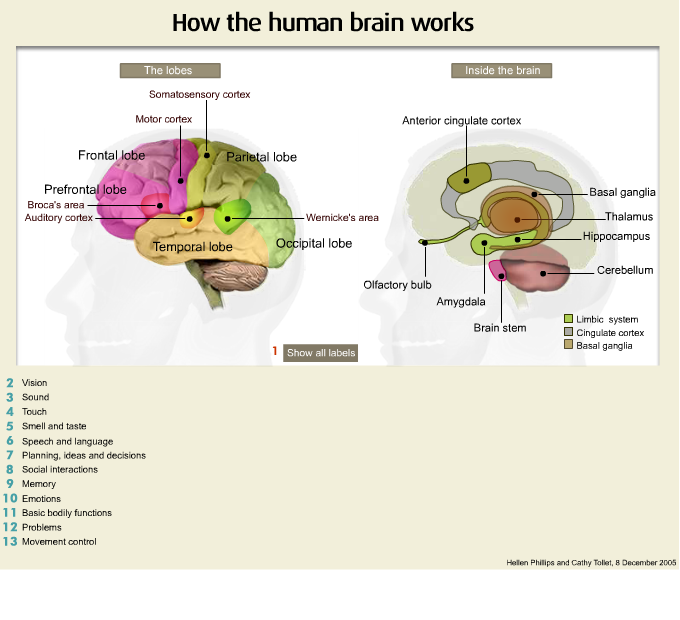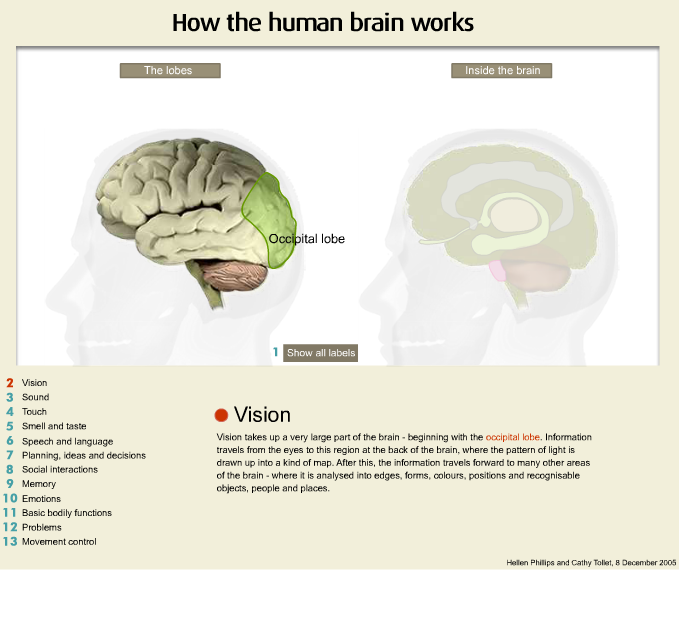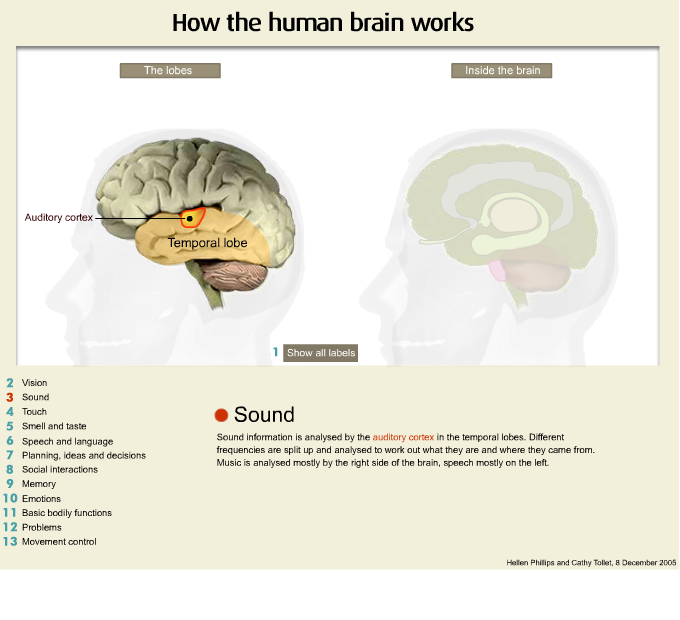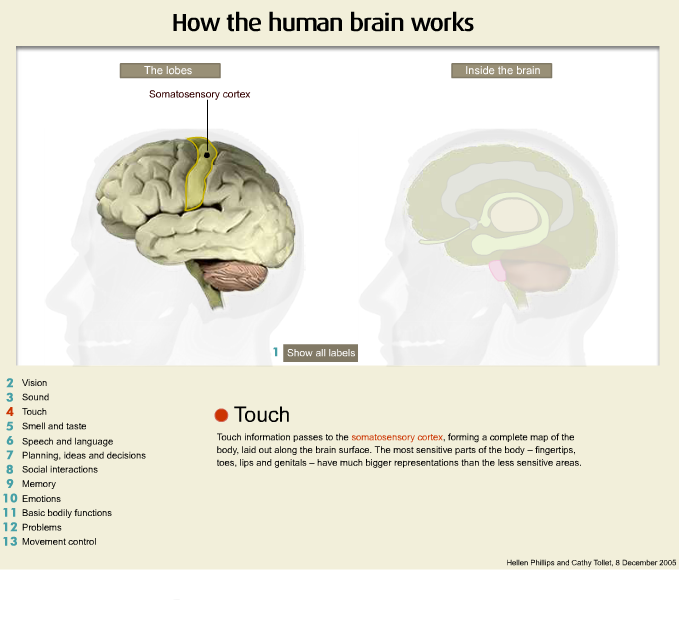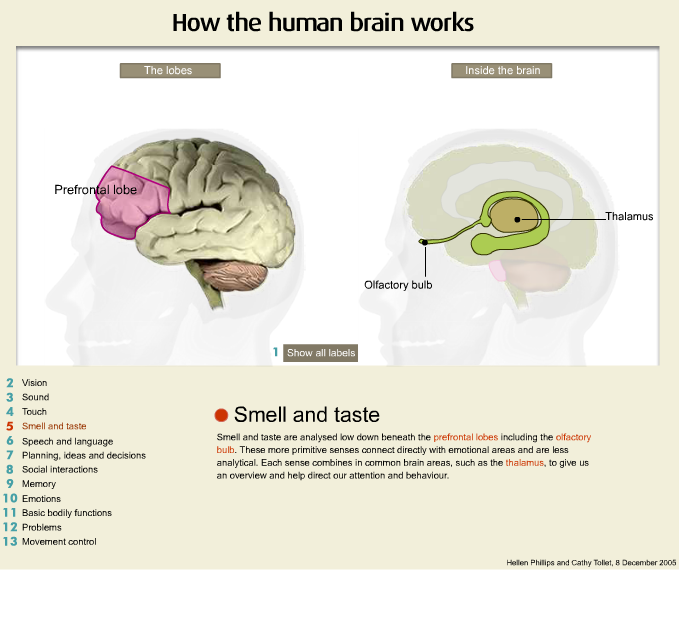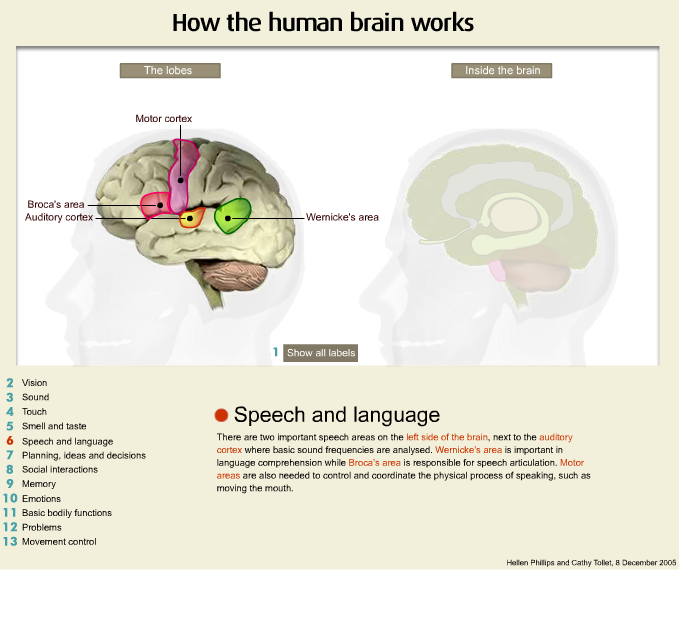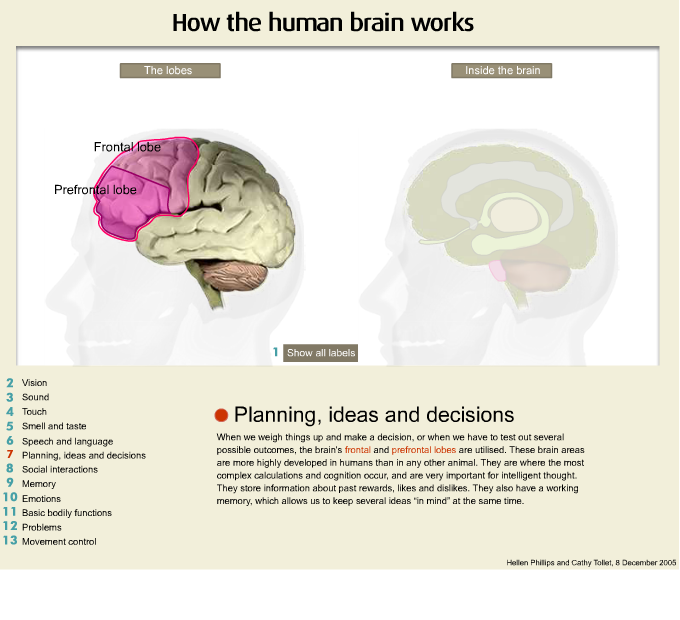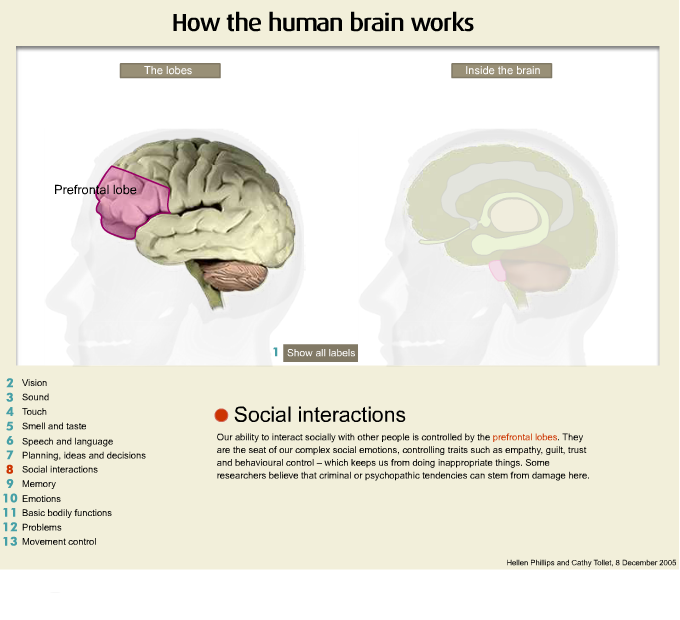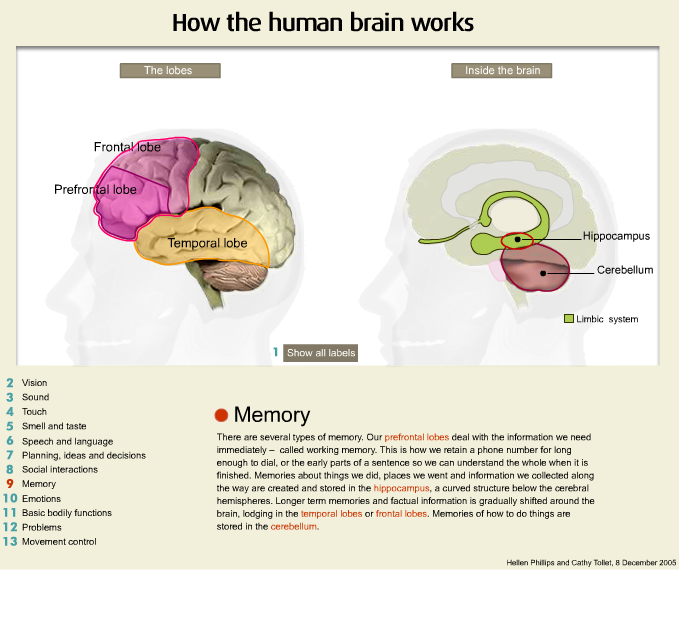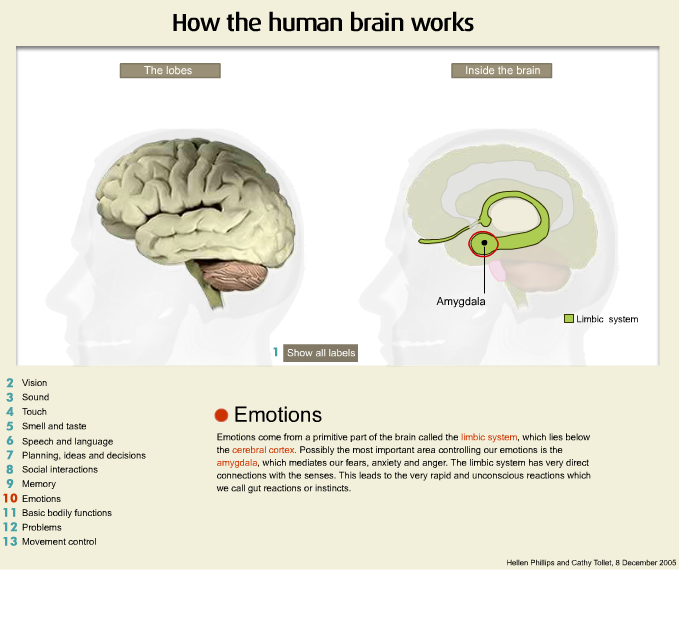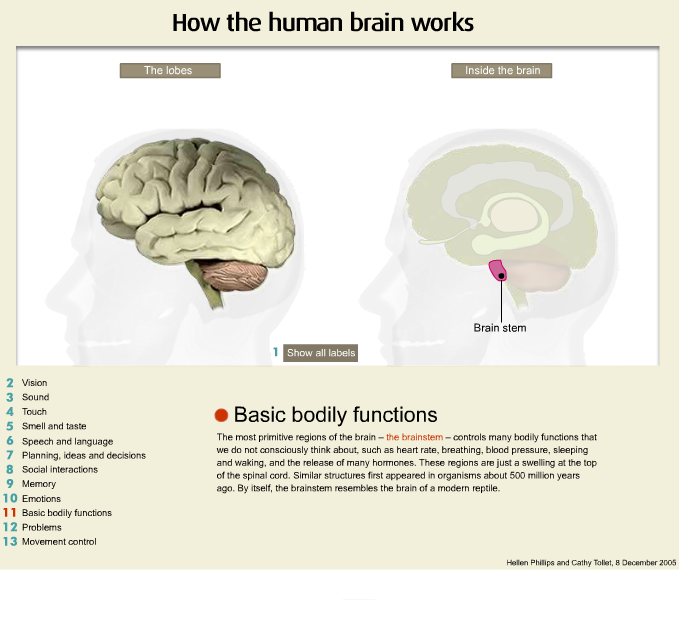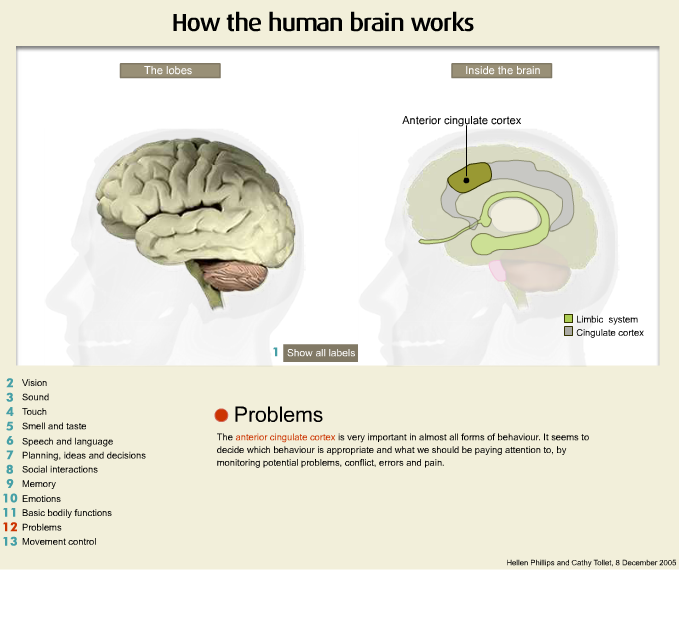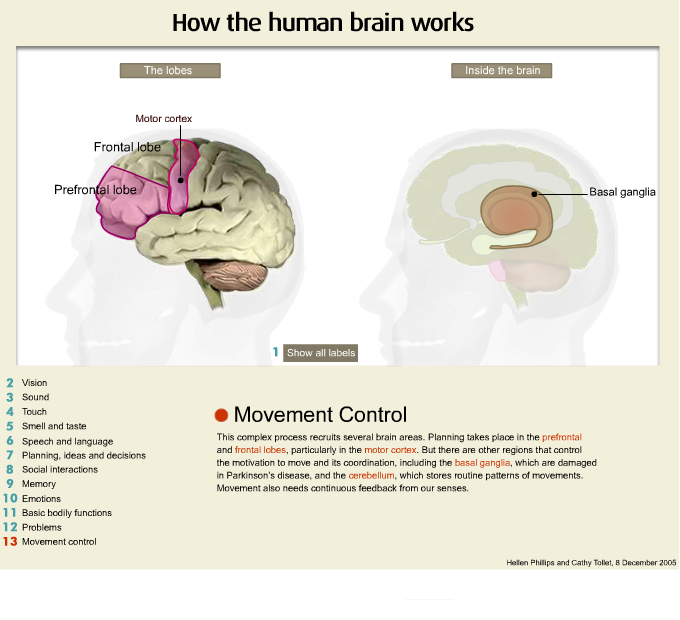- SELF STUDY MODULES
- 1. Intro to TBI
- 2. Communication
- 3. Skills for independence
- 4. Cognitive changes
- 5. Behaviour changes
- 6. Sexuality
- 7. Case management (BIR)
- 8. No longer available
- 9. Mobility & motor control
- 10. Mental health & TBI:
an introduction - 11. Mental health problems
and TBI: diagnosis
& management - 12. Working with Families
after Traumatic Injury:
An Introduction - 13. Goal setting
- 10.0 Aims
- 10.0A Take the PRE-Test
- 10.1 Mental health & mental illness
- 10.2 Why identify mental health problems after TBI
- 10.3 Why a person might get a mental health problem
- 10.4 The brain and mental health problems
- 10.5 Types of mental health problems after a TBI
- a) Depression
- b) Psychosis
- c) Anxiety
- d) Personality change
- 10.6 Fatigue and problems initiating activities
- 10.7 Issues in using:
- a) Drugs & alcohol
- b) Pain killers
- c) Natural therapies
- 10.8 Treatment challenges
- 10.9 Who to see - services available
- 10.10 Take home messages
- 10.11 Resource
- 10.12 Take the POST-test
10.4 The brain and mental health problems
- i) The brain &
mental health problems - ii) The brain:
Video Q - iii) Video
text - iv) The interactive
brain
Most traumatic brain injuries occur in situations such as car accidents or falls. These types of injuries cause diffuse brain damage - lots of areas of the brain are affected by the brain injury.
Typically there is not one particular area of the brain that is going to be affected. Because the injury is diffuse, this is probably the reason the risk for a mental health problem increases after brain injury.
The more severe a person's brain injury the greater the risk they are to have a mental health problem.
You might be thinking "I have had a knock on the head and I have had a concussion at sport, does that mean I'll get a mental health problem?" The answer is generally "No".
More typically mental health problems occur when a person has:
- had a significant brain injury
- has lost consciousness
- needed to be in hospital for a period of time
- required some rehabilitation and
- has other interacting risk factors .
The brain: video (2 min 30 secs)
This video provides a brief introduction to the brain, the different areas of the brain and mental illness.
The full text of the audio in the video is on the next tab.
The video may take a few moments to load. Click on the image to start the video.
What is the frontal lobe important for?
What is the parietal lobe important for?
What is the limbic system important for?
This is the full text of the audio in the video:
The areas of brain that I am going to be talking about are mainly four regions of the brain.
What we are going to do is have a look at a model of the brain in the skull. This is a plastic model of the head which has the brain exposed and the important part about this is that you have got to remember that here the forehead is where the frontal lobes occur.
And I am going to take the brain out of the head, and it is not quite as easy in real life, and have a look at half of the brain.
This is the front or the frontal region of the brain and this is very important for mental health problems. The frontal lobes of the brain are the parts of the brain that help control - they make us who we are. They are important for the regulation of emotion or initiating behaviour, solving problems and how we organise our thinking. If you get damage in the frontal areas of the brain there is quite a high risk of getting a mental health problem.
The next very important area of the brain is the temporal lobes. Now the temporal lobes are particularly important for memory and if a member of your family has had a brain injury you have probably heard the rehabilitation specialist talk about damage to the temporal lobes. One of the problems with the temporal lobes is where they are in the skull. They are very vulnerable to getting injured, particularly this area of the brain and that part of the brain is very important for controlling emotion as well, particularly anger.
The next region of the brain is the parietal area and this part of the brain helps to put all of the information together that we are thinking about, all our feelings, and allows us to have some kind of an experience of what is happening. So if we damage the parietal lobes of the brain there will be problems of integrating information so the information is all muddled and confused, and this can lead to mental health problems.
However, one of the most important parts of the brain for mental health problems is not very well defined anatomically and that is called the limbic system. I am now turning the brain over to look at the inside and this is what it would look like if I cut the brain in half. And this region around here which goes in a loop into the temporal lobes and the frontal lobes, this part of the brain we call the limbic system.
It is the most basic and primitive part of our brain and it is extremely important for controlling emotion. It is also a part of the brain that is particularly vulnerable for getting damage when you have a brain injury.
It is unlikely that damage to only one area of the brain is going to cause a mental health problem and usually it is damage in all these areas that leads to a number of very significant difficulties.

